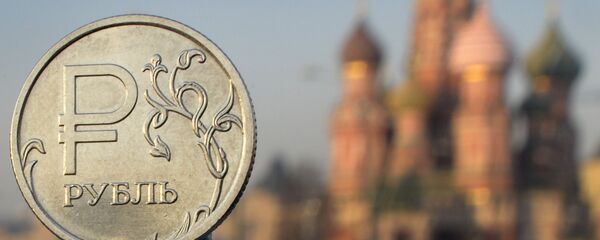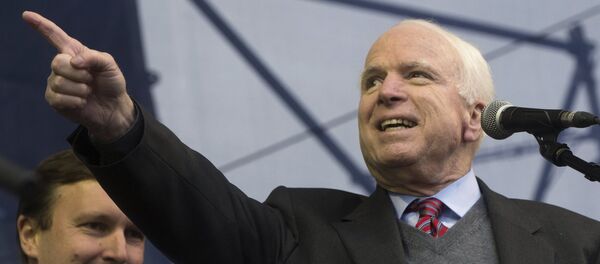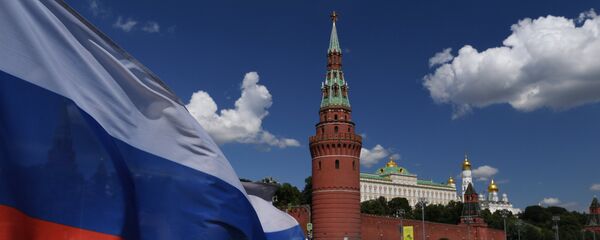On August 2, a bipartisan group of senators introduced a new package of restrictions against Moscow over its alleged interference in the 2016 presidential elections, as well as Russia's activities in Syria and Ukraine. The new measures target Russia's sovereign debt, economic and energy sectors.
One of the measure's sponsors, Republican Senator Lindsey Graham, earlier dubbed the bipartisan initiative as a "sanctions bill from hell" to punish Russia. For his part, Democratic Senator Bob Menendez claimed that the legislation "is the next step in tightening the screws on the Kremlin."
Sputnik reached out to Russian financial analysts asking them to assess the risks to the country's economy with regard to the proposed bill.
"Undoubtedly, it would have a negative impact on the Russian economy," said Andrei Fesyun, associate professor at the Russian Higher School of Economics (HSE). "First of all, Russian government bonds would fall in price, demand for rubles would decrease, and inflation would rise. That means that the blow could be painful, but it would not ruin the Russian economy. There would be no catastrophe."
According to the analyst, Washington's rhetoric indicates that Russia and the US have entered a new "cold war epoch," especially when it comes to economy. He has drawn parallels between the US-Russian standoff and Washington's crackdown against China following the Tiananmen Square protests of 1989.
"China became virtually isolated and was subjected to colossal pressure," Fesyun recalled. "[The US] expected that the Chinese economy would collapse. However, at that time a steady development of China's remote regions begun. China successfully overcame the sanctions and even became much stronger. One can say that Russia is now following the same path."
US Lawmakers Seeking to Score Political Points
Anna Koroleva, a financial expert, believes that the proposed measures are part of election rhetoric ahead of the 2018 mid-term elections.
"In November the US congressional elections will take place. Therefore the anti-Russian rhetoric will only increase in the US in the coming months. The [new] anti-Russian sanctions are a subject of verbal speculation. Congressmen are discussing this issue to score political points," she suggested.
"The ruble is considered a risk currency, with which you can both earn and lose," Koroleva said. "Nevertheless, Russia's Financial Ministry issues sovereign debt, nominated in rubles, which is being bought by foreign investors. Those who convert dollar liquidity into rubles could earn on currency differences. For this reason, anti-Russian sanctions will hit hedge funds containing the assets of foreign investors, the most."
She presumed that random outflows and inflows of money from foreign investors could further weaken the ruble, but it would not be critical, the expert asserted.
For its part, the Russian Financial Ministry has expressed skepticism over the proposed package of sanctions saying that similar initiatives had been put forward before, but had not been implemented.
Trump's Sanctions Over Skripal Case
Although the UK failed to provide any evidence substantiating Moscow's involvement in the Skripal case, the White House announced two potential rounds of sanctions under the Chemical and Biological Weapons Control and Warfare Elimination Act of 1991.
The first one is targeting exports of certain US technologies to Russia, while the second one could affect Russian exports to the US and may even include restrictions on flights by the Russian airline Aeroflot.
"We consider the link between the sanctions introduced by the US and the Skripal case to be unacceptable," Kremlin spokesman Dmitry Peskov stressed, while commenting on the Trump administration's latest initiative.
The views and opinions expressed by the contributors do not necessarily reflect those of Sputnik.





